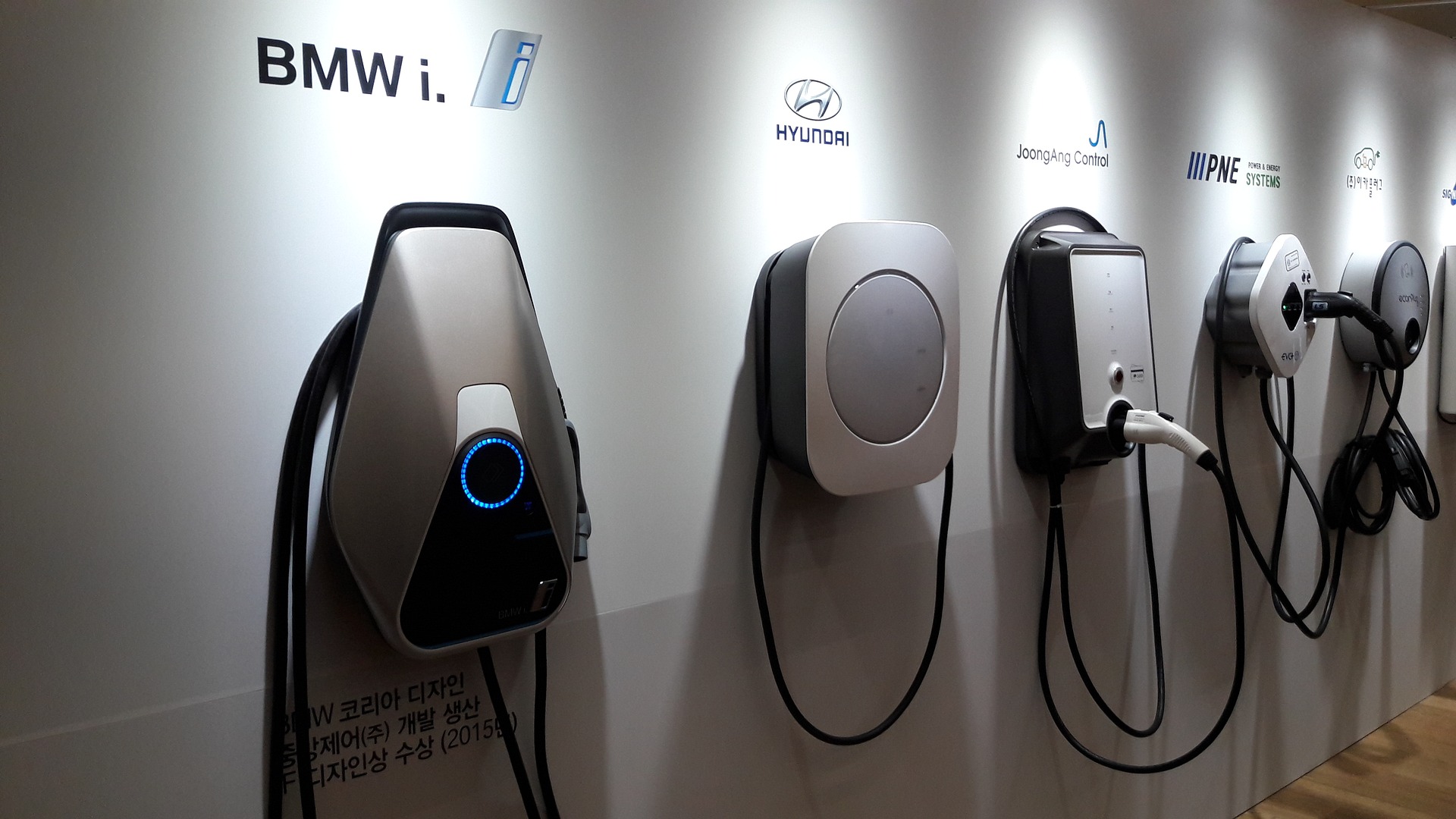Just like any electrical device, an electric car requires an electric car charger, but you can’t just park it up in your bedroom and plug it into the trusty bedside table socket. These clever cars require a special external plug point, preferably close to where you regularly park. Unlike a traditional engine which can be driven until the fuel run out, electric cars work on a top-upbasis. This requires the battery to be regularly topped up at various point of the day or week depending on how far you drive. The three main options for electric car charging are at home, at work or public charging, so it’s important to ensure you have the correct cable.
Cabling
Most (EV) cars are sold with some type of cable, but with three types of cabling to choose from you need to ensure your electric car charger is compatible.
-
3 pin plug – these standard UK plugs are on every domestic electrical device and comes with the majority of new electric vehicles. Unfortunately, these have a very slow rate of charging and therefore are not recommended.
-
Type 1 & 2 – These are compatible with most home chargers and allow you to charge your car in a much shorter time. Most public charging points also use these cables.
It is best to talk to your OLEV installer to check which type you require and the best electric car charging point for you.
Charging at Home
As most electric cars will be charged at home overnight, the market for domestic car chargers is booming. With clever devices such as the Zappi which maximises your solar and wind power to smart electric car chargers, there is a lot to choose from. The Office for Low Emission Vehicles (OLEV) currently offers new EV customers a grant towards their charger for up to £500. This can reduce the cost of installing a home charger for an electric car to as little as £300. Home chargers come in a variation of speeds, generally the more expensive the unit the quicker it can charge your car. For more information on the grant scheme, go to OLEV.
Charging at Work
As electric cars become more and more popular, many forward-thinking employers are beginning to install charging points for staff and visitors. Government grant funding is also available to businesses, of up to £600 per dual charger to support the transition to electric motoring. Businesses can also claim any money they spend on installing electric car charging points as tax deductible.

Charging on the Road
The public charging network is slowly expanding offering drivers the opportunity for additional charging. Public chargers for electric cars are normally classed as either fast or rapid points, offering up to an 80% charge in 30 minutes. With resources like Zapmap, driverscan plan their journeys around public charging points.
Opulous is an approved installer for a variety of domestic (EVHS) and workplace (WCS) chargers. Our team can advise you on the most suitable unit and cabling for your electric vehicle and apply for your grant. Check out our services page for more information onelectric car charging.
Our team covers East Anglia such as Colchester and Chelmsford for domestic installations. Whilst the commercial team also covers London.
If your store or business needs any assistance with any of the above please contact our team and we will endeavor to assist you.
Make sure you check out our other blogs!

